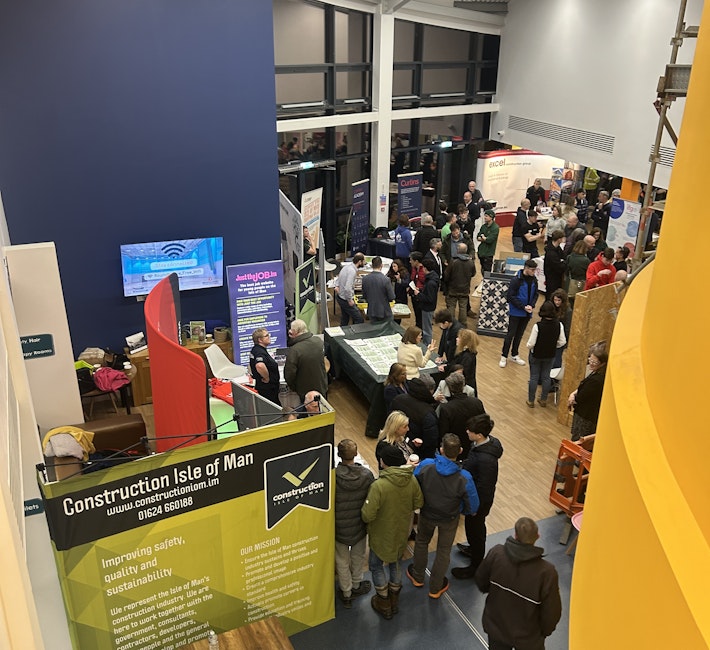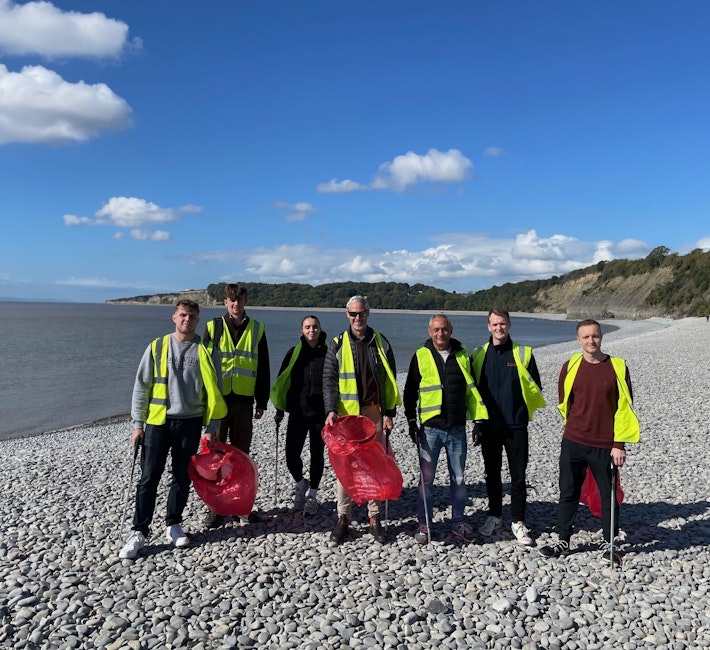- Home
- News & Views
- It’s Time to Break the Silence Around Periods
Some issues are so ingrained in society that it is not apparent they are issues at all, despite affecting a significant proportion of the population. One such issue is the lack of comprehensive menstruation awareness in the workplace.
While menstruation is a natural biological process experienced by half of the population, the absence of dedicated policies addressing its challenges in the workplace has left many women and individuals who menstruate feeling unsupported and overlooked. Last year, I joined the Reverse Mentoring program at Curtins to share my insights as a junior employee. I was paired with Alex Vogt, Board Director with responsibility for a number of disciplines within Curtins. We discussed our perspectives on business, society, and personal challenges.
Together, we identified the issue of a lack of awareness around women’s wellbeing - particularly menstruation in the workplace. We decided this couldn’t be ignored and Reverse Mentoring was the ideal platform to enact change. Menstruation policies are virtually non-existent in many global economies, leaving employees to navigate menstrual challenges alone.
73% of women who participated in a study carried out by the Australian Workers Union, stated their periods were so painful they either struggled to focus and it affected their ability to perform their work (Kolovos, 2023).
Despite this, 74% said they did not feel comfortable talking to their line manager about managing periods within the workplace.
Our research found issues such as menstrual leave, flexible working arrangements during menstruation, and access to sanitary facilities are rarely addressed in employment policies. This oversight not only impacts the physical and mental wellbeing of employees but also perpetuates workplace inequalities.
In the UK, progress has been slow and disjointed. Whilst there is a lot of discussion surrounding wellbeing in the workplace, there is limited information on menstruation support. There have been grassroots efforts to raise awareness about menstrual issues and advocate for policy change, but systemic change remains elusive. The lack of a cohesive national strategy to address menstruation in the workplace perpetuates silence and stigma surrounding the topic.
Menstruation is often referred to as a “taboo” topic, which carries a multitude of challenges beyond the physical aspects. As such, many people experience mental challenges including anxiety, stress, insomnia, irritability and depression. These symptoms are common, and their severity and impact can vary greatly among individuals. When 26% of the population experiences these symptoms each month it would seem obvious to have policies in place to mitigate their challenges in the workplace.
Over the past few years, the construction industry has been trying to improve the diversity of the workforce by encouraging more women into the industry. But how do we expect more women to enter an industry which oftens fails to create an inclusive environment for them?
Many construction sites often lack basic hygienic facilities for women: not providing sanitary bins, hygienic toilets, separate changing facilities or separate female toilets. Often women’s toilets on site are unclean, locked and are used for storage or forced to share with male operatives.
If we aren’t even getting the basics right, how do we expect women to feel supported and encouraged to remain in the industry? For many women working on construction sites, the lack of proper hygiene facilities is a barrier to fulfilling their role and feeling supported. This is not good enough, and we need to address this to encourage employee retention in the construction industry. Since menstruation is not spoken about, it’s possible that many are simply unaware that a problem exists. Therefore, there is a significant need for more awareness to help de-stigmatise menstruation and bring the issue to light. Companies who have introduced policies and awareness campaigns have seen women’s wellbeing increase as they feel more supported at work. Often individuals just want flexibility and understanding rather than menstruation leave.
Periods should not be a barrier to anyone in the workplace. Curtins provide period products in all offices and pool cars, which is a positive step in the right direction. However, there is more we can be doing to tackle the lack of menstruation awareness. Throughout the last year we have been looking at ways of managing periods within the workplace, such as providing awareness to line managers of how to best support an individual who may experience difficulties at work during their period.
When the silence about menstruation awareness is still so loud talking about it is a start.
Curtins recognise that it's time for the us to break the silence surrounding menstruation and prioritise the needs of those who menstruate in the workplace. By implementing menstruation awareness, we can create a more equitable society where menstruation is no longer a barrier to succeeding at work.



